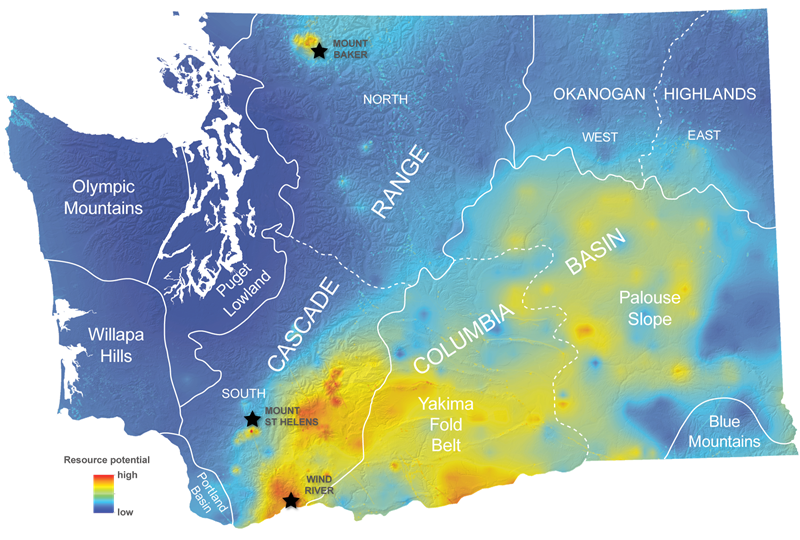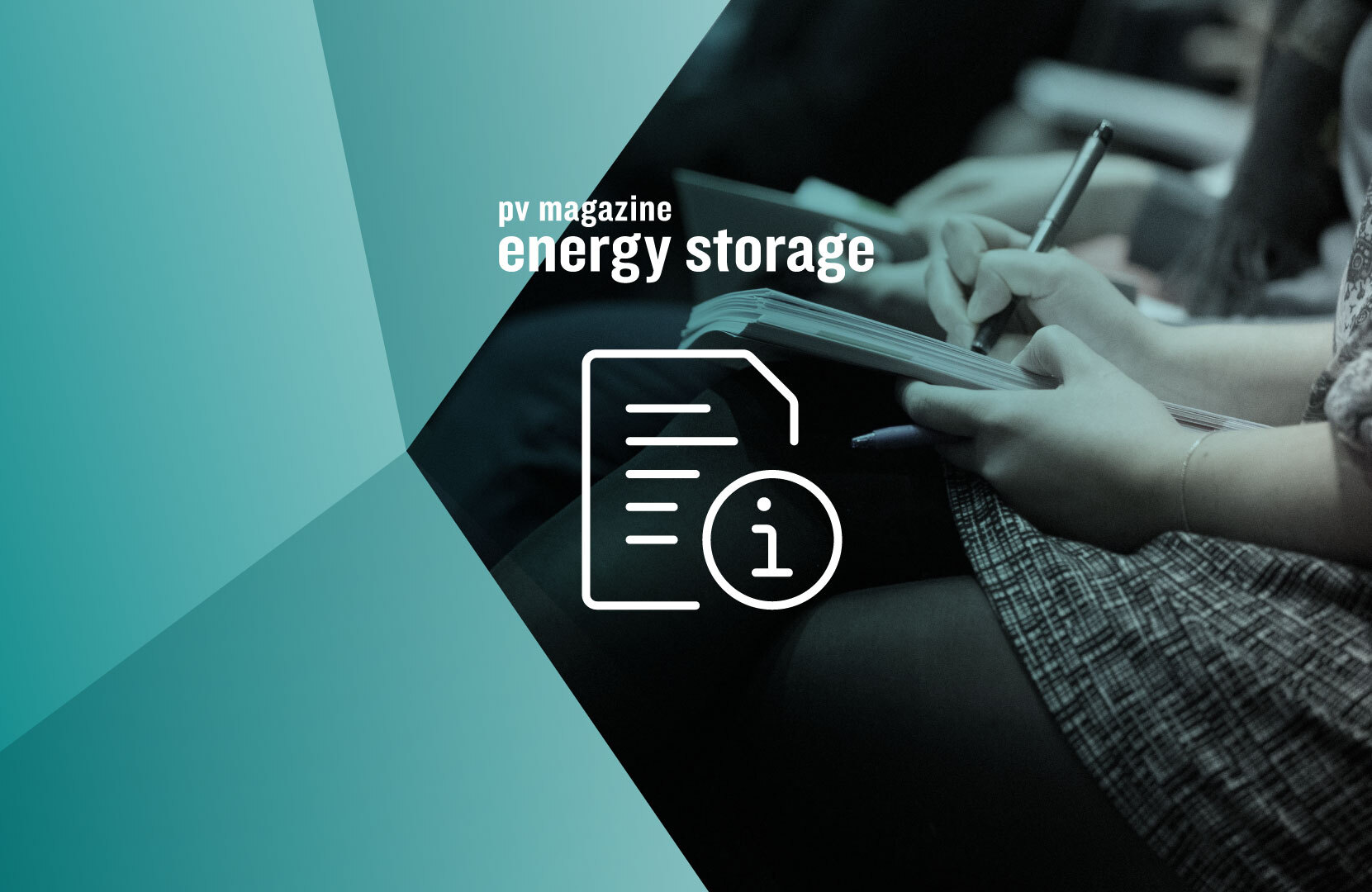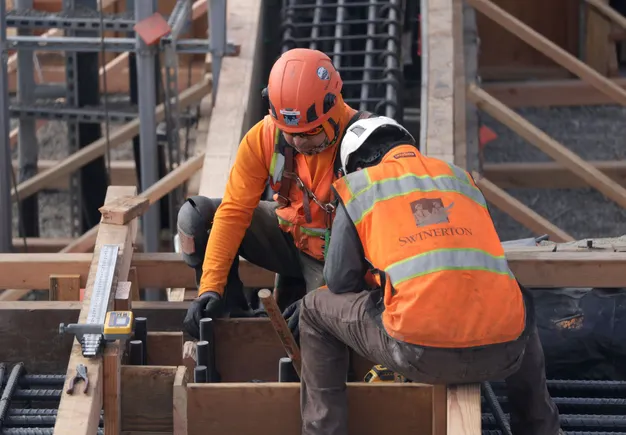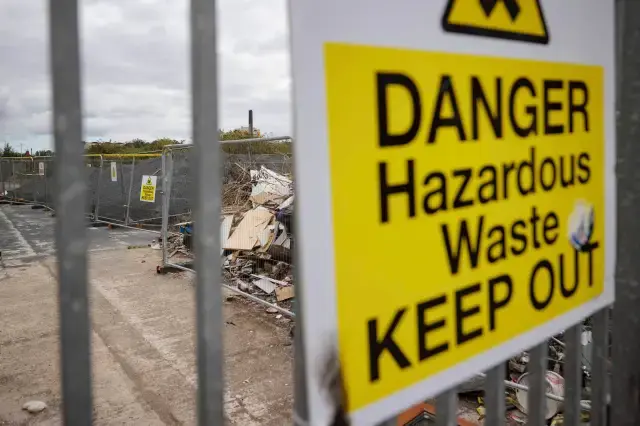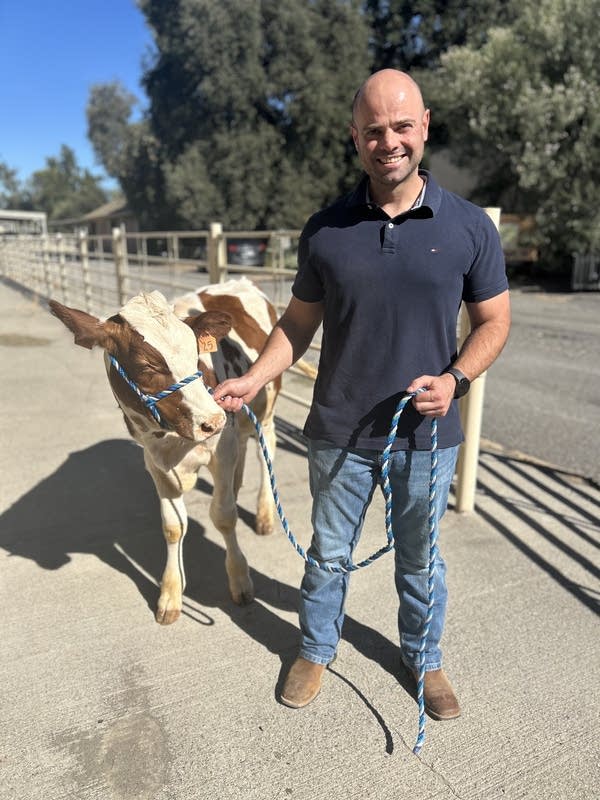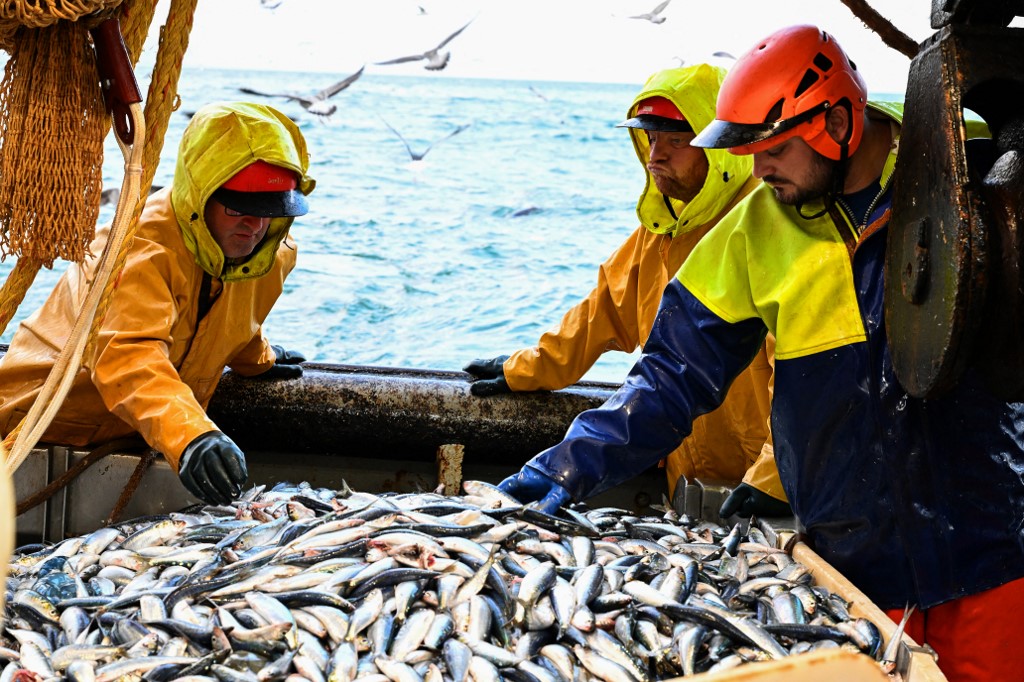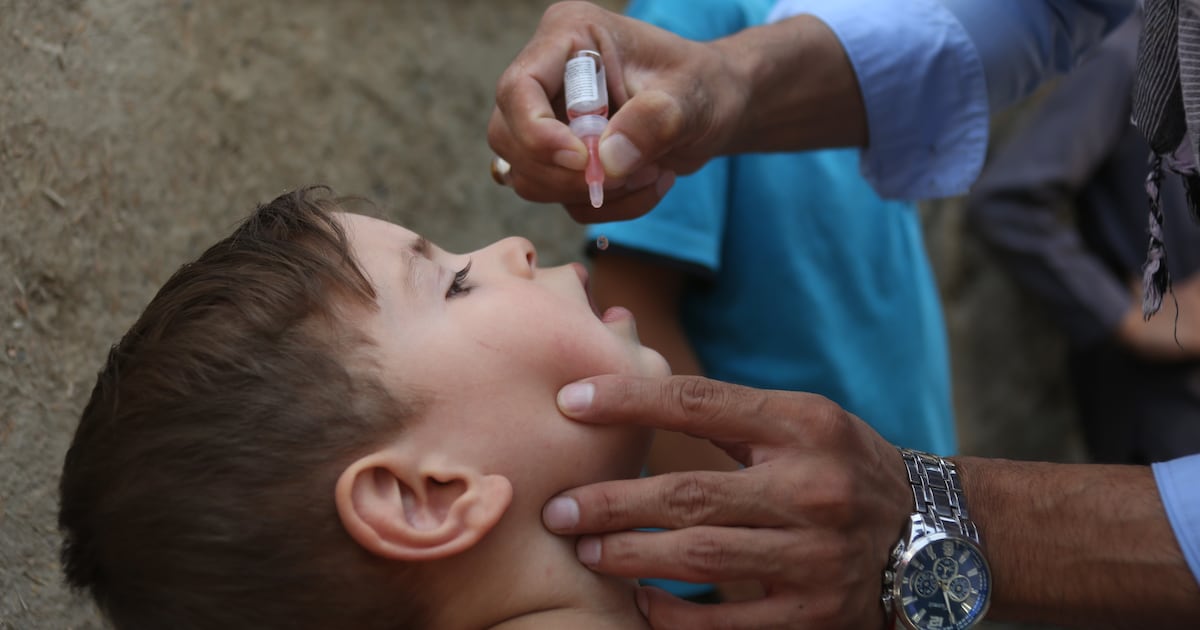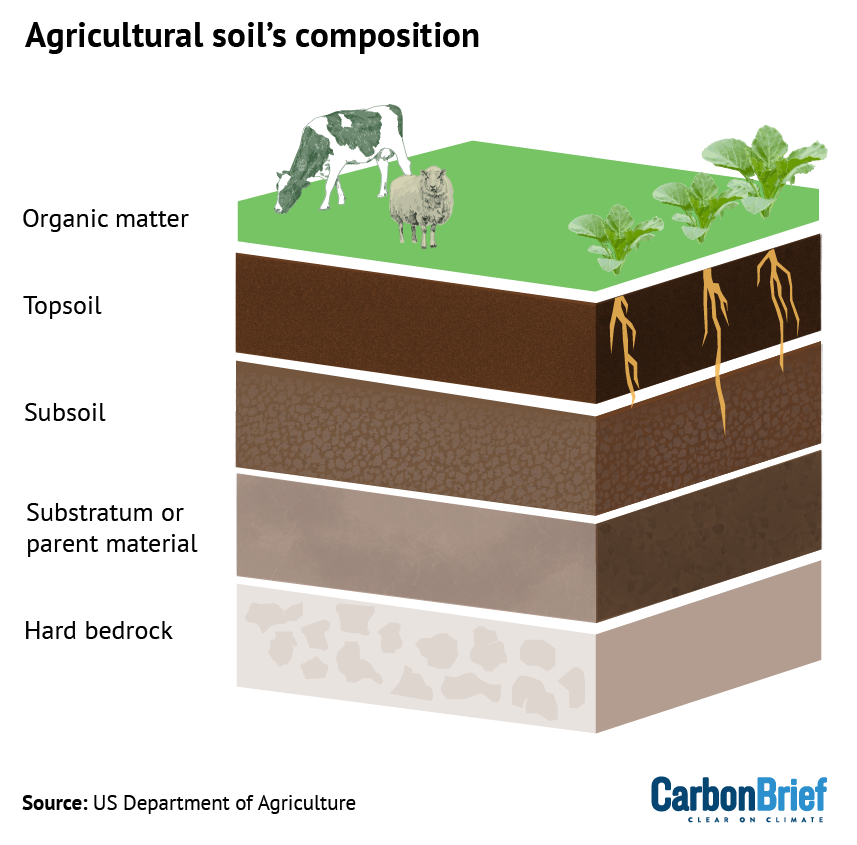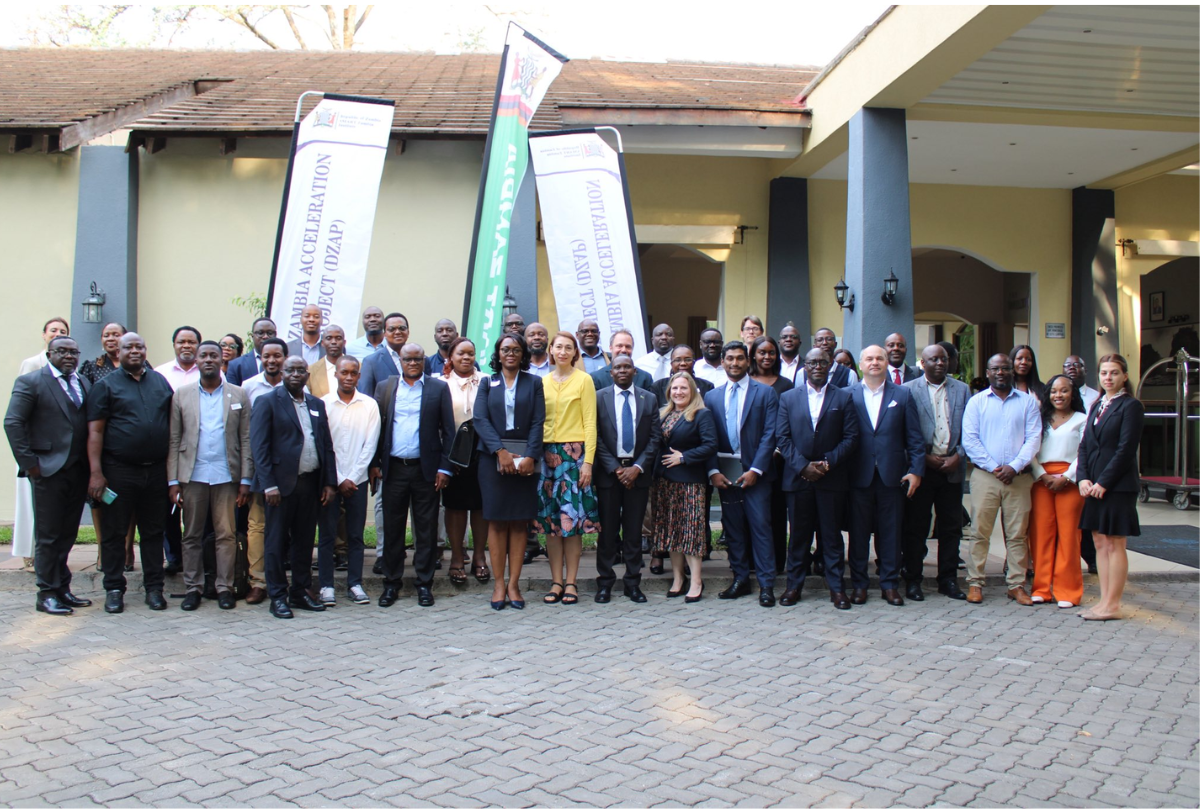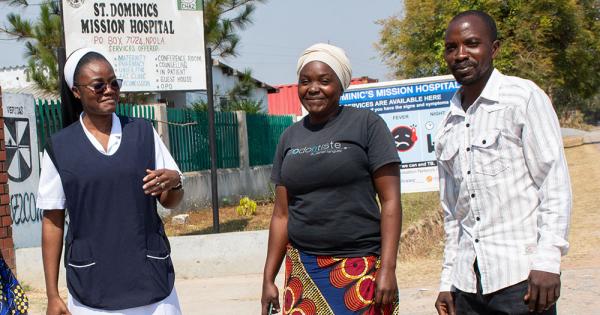Rural women entrepreneurs sought for ACORNS 11 – Think Business
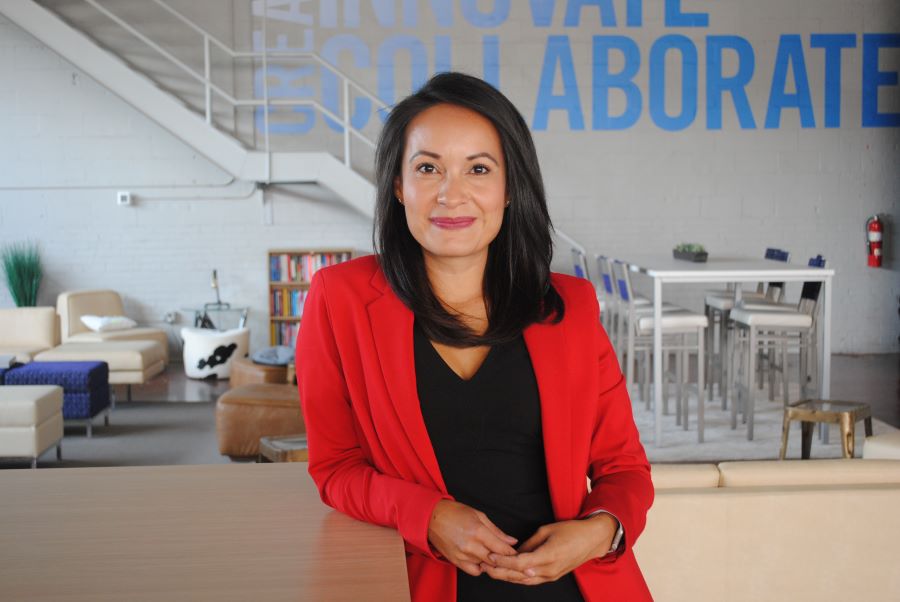
Report on the ACORNS Programme’s Contribution to Sustainable Development
Executive Summary
This report analyses the ACORNS business development programme, which supports early-stage female entrepreneurs in rural Ireland. The programme is commencing its 11th cycle following a period of significant success, wherein the most recent cohort reported a 54% increase in combined revenues. The programme’s structure and outcomes demonstrate a strong alignment with several United Nations Sustainable Development Goals (SDGs), particularly those concerning gender equality, economic growth, and reduced inequalities. Funded by the Department of Agriculture, Food, and the Marine, ACORNS serves as a critical driver for sustainable economic development in rural communities.
Alignment with Sustainable Development Goals (SDGs)
The ACORNS programme makes a direct and measurable contribution to the advancement of multiple SDGs:
- SDG 5: Gender Equality: The programme’s core mission is to empower women by providing the skills, network, and support necessary to overcome barriers to entrepreneurship. This directly addresses Target 5.5, which calls for women’s full participation and equal opportunities for leadership in economic life.
- SDG 8: Decent Work and Economic Growth: By fostering new enterprises and supporting their growth, the programme stimulates local economies, creates sustainable jobs, and promotes productive employment. The reported revenue growth and job creation are key indicators of its impact on Target 8.3 (promote policies that support entrepreneurship) and Target 8.5 (achieve full and productive employment).
- SDG 10: Reduced Inequalities: By specifically targeting entrepreneurs in rural Ireland, the programme works to reduce regional economic disparities between rural and urban areas, contributing to Target 10.2 (empower and promote the social, economic, and political inclusion of all).
- SDG 1: No Poverty: The creation of viable businesses in rural areas enhances economic resilience and provides sustainable livelihoods, contributing to poverty reduction strategies.
- SDG 17: Partnerships for the Goals: The programme exemplifies a successful multi-stakeholder partnership (Target 17.17) by combining government funding, expert programme management, and the voluntary contributions of experienced female entrepreneurs.
Analysis of Programme Performance (ACORNS 10 Cycle)
The results from the 10th cycle, which included 52 participants, highlight the programme’s effectiveness in achieving its objectives and contributing to the SDGs.
-
Economic Impact
- Combined annual turnover for participants increased by 54%, growing from €2.8 million to €4.3 million.
- 18 participants successfully established export markets for their products or services.
-
Employment Generation
- An additional 15 staff positions were created, bringing the total number of employees to 104.
-
Participant Development and Enterprise Creation
- 100% of participants reported feeling closer to achieving their business ambitions.
- 90% of participants implemented practical changes within their business due to the programme.
- Four new businesses commenced trading during the cycle.
Operational Framework and Programme Structure
The ACORNS programme operates on a structured, peer-led model designed to maximise impact and foster a supportive ecosystem.
- Peer-to-Peer Mentorship: The foundational element is a series of monthly roundtable sessions facilitated by “Lead Entrepreneurs”—successful businesswomen with direct experience of growing an enterprise in rural Ireland.
- Participant Eligibility: The programme is available to early-stage female entrepreneurs residing in rural Ireland who have established a business with sales generated no earlier than June 2022.
- Funding and Accessibility: The programme is provided at no cost to participants. This is made possible through funding from the Department of Agriculture, Food, and the Marine’s Rural Innovation and Development Fund, supplemented by the voluntary time commitment of the Lead Entrepreneurs.
- Programme Cycle: The upcoming 11th cycle will accept up to 50 participants and will run from October 2025 to April 2026. Applications are open until midnight on September 22.
National and International Recognition
The programme’s success in fostering entrepreneurial skills and contributing to sustainable development has been formally acknowledged.
- Selected as Ireland’s national entry for the European Enterprise Promotion Awards in the “Investing in Entrepreneurial Skills” category.
- Designated as a “good practice” on the European Union’s INTERREG Learning Platform.
Analysis of Sustainable Development Goals (SDGs) in the ACORNS Programme Article
1. Which SDGs are addressed or connected to the issues highlighted in the article?
-
SDG 5: Gender Equality
The article directly addresses this goal by focusing on the ACORNS programme, which is designed exclusively to support “early-stage female entrepreneurs in rural Ireland.” It aims to address the “skills, enterprise and capability gaps that female entrepreneurs can face” and helps “overcome the barriers which often limit entrepreneurial activity” for women, thereby promoting gender equality in the economic sphere.
-
SDG 8: Decent Work and Economic Growth
The programme fosters economic growth by helping entrepreneurs start and scale their businesses. The article highlights significant financial results, such as a “54% increase” in the combined annual turnover of participants. It also contributes to decent work by creating employment, with participants employing “a total of 104 staff at the end of the cycle, an increase of 15 positions.”
-
SDG 4: Quality Education
The core of the ACORNS programme is built on education and skills development. It operates on the belief that “early-stage entrepreneurs learn best from their peers” and provides mentorship through “Lead Entrepreneurs.” The programme’s success in this area is validated by its selection as Ireland’s entry for the European Enterprise Promotion Awards in the “Investing in Entrepreneurial Skills” category.
-
SDG 10: Reduced Inequalities
By specifically targeting women in “rural Ireland,” the programme works to reduce regional and gender-based economic inequalities. It provides support to “overcome the barriers which often limit entrepreneurial activity in rural areas,” thereby promoting economic inclusion for a demographic that might otherwise have fewer opportunities.
-
SDG 17: Partnerships for the Goals
The article describes a multi-stakeholder partnership. The programme is a collaboration between a government body (the “Department of Agriculture, Food, and the Marine,” which provides funding), the ACORNS programme itself, and the private sector (the “voluntary contribution of time by Lead Entrepreneurs”). This public-private-civil society partnership is essential to the programme’s success.
2. What specific targets under those SDGs can be identified based on the article’s content?
-
SDG 5: Gender Equality
- Target 5.5: Ensure women’s full and effective participation and equal opportunities for leadership at all levels of decision-making in political, economic and public life.
Explanation: The ACORNS programme directly promotes women’s participation and leadership in economic life by equipping them with the skills and support to start and grow their own businesses, making them business owners and economic decision-makers.
- Target 5.5: Ensure women’s full and effective participation and equal opportunities for leadership at all levels of decision-making in political, economic and public life.
-
SDG 8: Decent Work and Economic Growth
- Target 8.3: Promote development-oriented policies that support productive activities, entrepreneurship, creativity and innovation, and encourage the formalization and growth of micro-, small- and medium-sized enterprises.
Explanation: The article presents the ACORNS programme as a “hugely successful programme” funded by the government to support “early-stage female entrepreneurs.” It directly encourages the growth of small enterprises, as evidenced by four businesses starting to trade and a 54% revenue increase for participants. - Target 8.5: By 2030, achieve full and productive employment and decent work for all women and men.
Explanation: The programme contributes to this target by facilitating job creation. The article states that participants created “an increase of 15 positions” during the last cycle.
- Target 8.3: Promote development-oriented policies that support productive activities, entrepreneurship, creativity and innovation, and encourage the formalization and growth of micro-, small- and medium-sized enterprises.
-
SDG 4: Quality Education
- Target 4.4: By 2030, substantially increase the number of youth and adults who have relevant skills, including technical and vocational skills, for employment, decent jobs and entrepreneurship.
Explanation: The programme is explicitly designed to build entrepreneurial skills. Its recognition in the “Investing in Entrepreneurial Skills” category and the fact that 90% of participants reported “practical change within their business” demonstrate its effectiveness in providing relevant vocational skills for entrepreneurship.
- Target 4.4: By 2030, substantially increase the number of youth and adults who have relevant skills, including technical and vocational skills, for employment, decent jobs and entrepreneurship.
-
SDG 10: Reduced Inequalities
- Target 10.2: By 2030, empower and promote the social, economic and political inclusion of all, irrespective of age, sex, disability, race, ethnicity, origin, religion or economic or other status.
Explanation: The programme empowers and promotes the economic inclusion of women in rural areas, a specific demographic group, by providing targeted support to help them “realise their dreams of starting and growing successful businesses.”
- Target 10.2: By 2030, empower and promote the social, economic and political inclusion of all, irrespective of age, sex, disability, race, ethnicity, origin, religion or economic or other status.
-
SDG 17: Partnerships for the Goals
- Target 17.17: Encourage and promote effective public, public-private and civil society partnerships.
Explanation: The programme’s structure is a model of this target. It is a partnership “funded through the Rural Innovation and Development Fund by the Department of Agriculture, Food, and the Marine” (public), implemented by the ACORNS organization, and relies on the “voluntary contribution of time by Lead Entrepreneurs” (private/civil society).
- Target 17.17: Encourage and promote effective public, public-private and civil society partnerships.
3. Are there any indicators mentioned or implied in the article that can be used to measure progress towards the identified targets?
-
For SDG 5 (Gender Equality)
- Indicator: Number of women supported to start and grow businesses.
Evidence: The article states that the programme has supported “over 550 women in rural Ireland over the last ten years,” with “52 participants who completed the cycle” in the most recent cohort. - Indicator: Number of new businesses established by women.
Evidence: The article mentions that “Four businesses started trading for the first time during the cycle.”
- Indicator: Number of women supported to start and grow businesses.
-
For SDG 8 (Decent Work and Economic Growth)
- Indicator: Growth in revenue for small enterprises.
Evidence: The article provides a precise metric: “the combined annual turnover of ACORNS 10 participants growing from €2.8 million to €4.3 million, representing a 54% increase.” - Indicator: Number of new jobs created.
Evidence: The article reports that participants “employed a total of 104 staff at the end of the cycle, an increase of 15 positions.” - Indicator: Increase in international trade for small enterprises.
Evidence: It is noted that “18 participants had gained export experience.”
- Indicator: Growth in revenue for small enterprises.
-
For SDG 4 (Quality Education)
- Indicator: Number of adults participating in entrepreneurial skills training.
Evidence: The article states “approximately 550 participants have completed an ACORNS cycle” and “Up to 50 places are available for ACORNS 11.” - Indicator: Perceived effectiveness of skills development programmes.
Evidence: The article reports that “90% [of participants] saying their participation brought about practical change within their business.”
- Indicator: Number of adults participating in entrepreneurial skills training.
-
For SDG 10 (Reduced Inequalities) & SDG 17 (Partnerships)
- Indicator: Existence and funding of programmes targeting specific demographic and geographic groups.
Evidence: The existence of the ACORNS programme itself, its focus on “female entrepreneurs in rural Ireland,” and its funding by the “Department of Agriculture, Food, and the Marine” serve as an indicator of a policy and partnership aimed at reducing inequality.
- Indicator: Existence and funding of programmes targeting specific demographic and geographic groups.
4. Summary Table of SDGs, Targets, and Indicators
| SDGs | Targets | Indicators Identified in the Article |
|---|---|---|
| SDG 5: Gender Equality | 5.5: Ensure women’s full and effective participation and equal opportunities for leadership in economic life. |
|
| SDG 8: Decent Work and Economic Growth | 8.3: Promote policies that support entrepreneurship and the growth of small enterprises. |
|
| 8.5: Achieve full and productive employment and decent work. |
|
|
| SDG 4: Quality Education | 4.4: Increase the number of adults with relevant skills for entrepreneurship. |
|
| SDG 10: Reduced Inequalities | 10.2: Empower and promote the economic inclusion of all. |
|
| SDG 17: Partnerships for the Goals | 17.17: Encourage effective public-private and civil society partnerships. |
|
Source: thinkbusiness.ie

What is Your Reaction?
 Like
0
Like
0
 Dislike
0
Dislike
0
 Love
0
Love
0
 Funny
0
Funny
0
 Angry
0
Angry
0
 Sad
0
Sad
0
 Wow
0
Wow
0








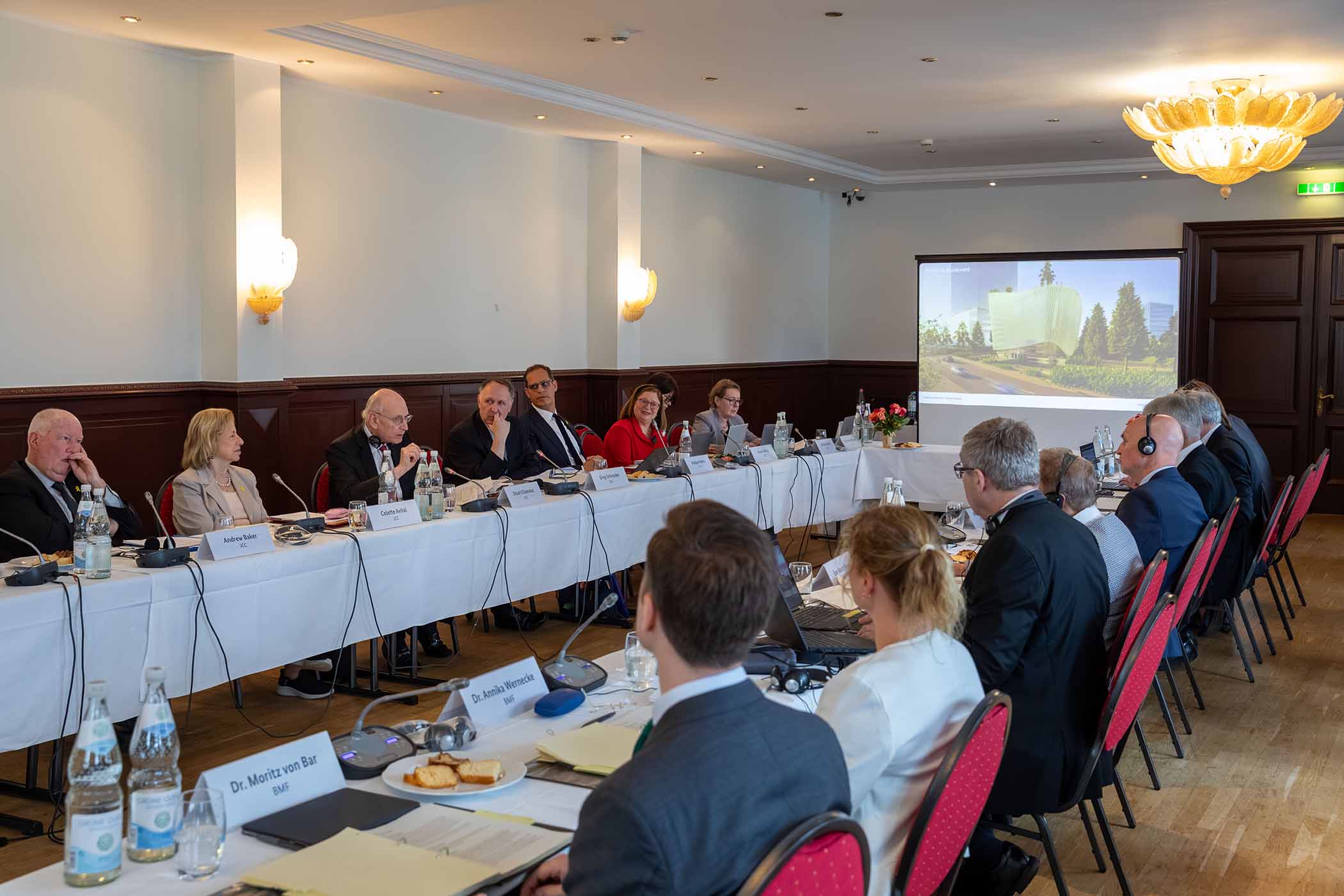















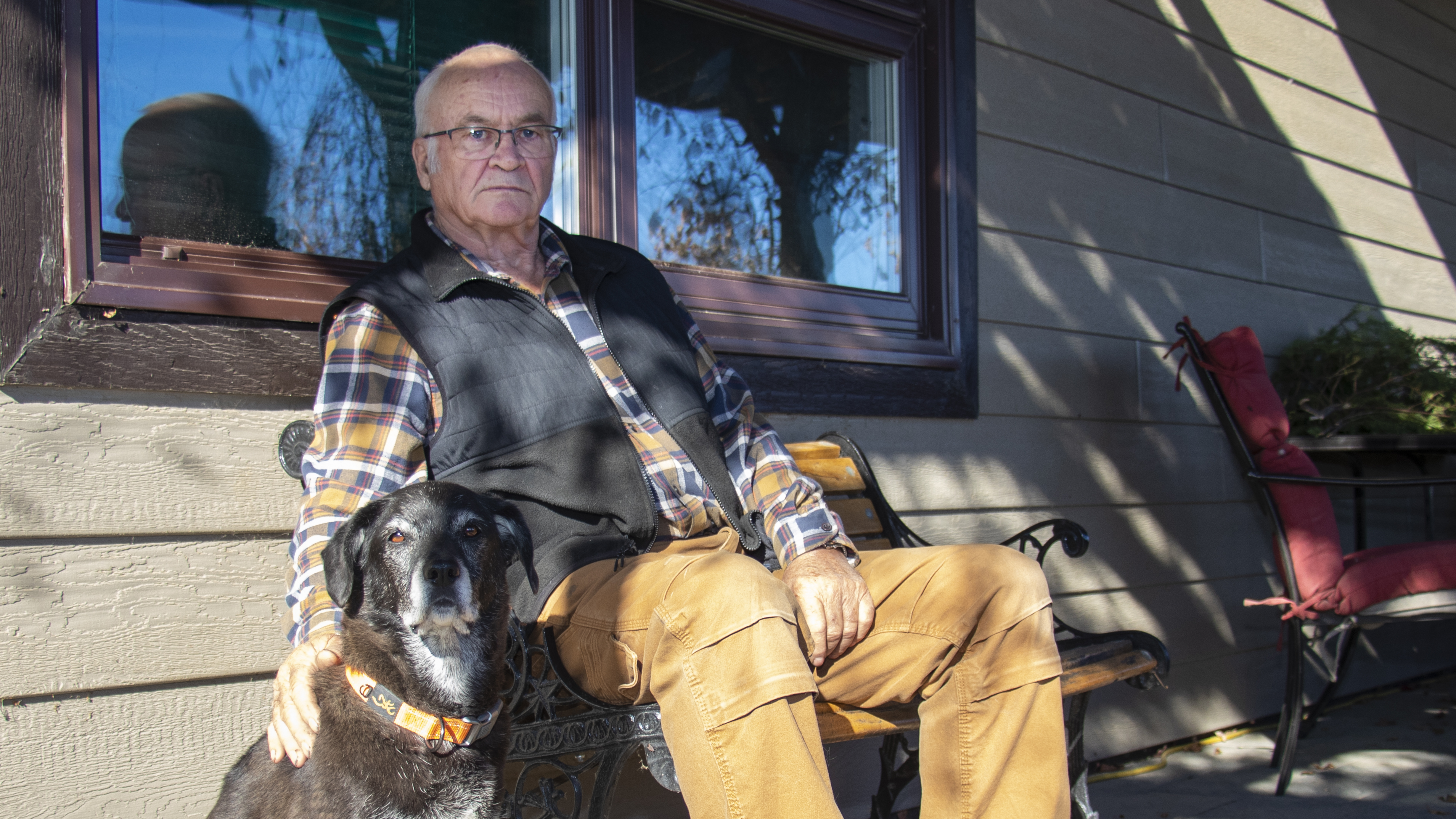;Resize=805#)



